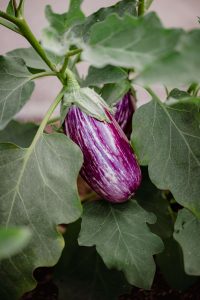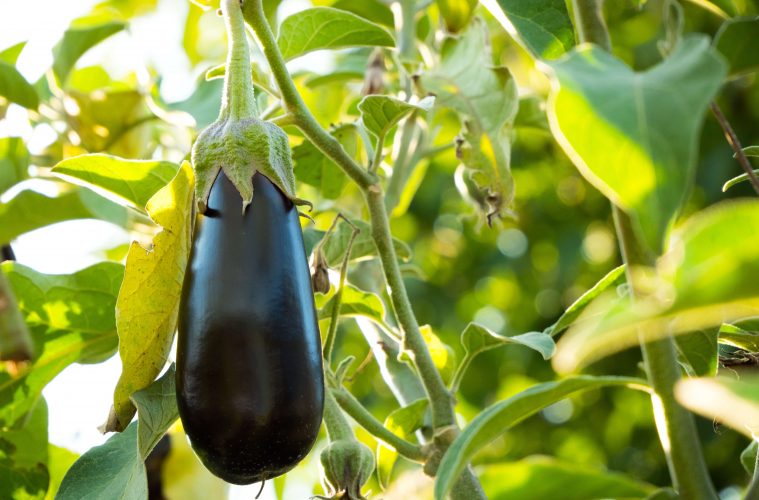Eggplants, with their glossy, deep purple skin and versatile culinary uses, are a delightful addition to any home garden. But what if you live in a region with a shorter growing season or limited outdoor space? The good news is that you can successfully grow eggplants indoors,
Explore these five tips to help you achieve a bountiful harvest right in your own home:
1. Choose the right variety
When cultivating eggplants indoors, selecting the right variety is crucial. Compact or dwarf eggplant varieties, such as “Patio Baby” or “Bambino,” are ideal for indoor growing as they adapt well to container gardening and require less space. These varieties also tend to have a shorter growing season, making them perfect for indoor conditions.
2. Provide adequate light
Eggplants thrive in full sunlight, so it’s essential to mimic these conditions indoors. Place your potted eggplants in a sunny spot with at least 6-8 hours of direct sunlight daily. If natural sunlight is limited, consider using grow lights to ensure your plants receive the light they need for healthy growth.
3. Use the right containers
Select well-draining containers or pots that are at least 5 gallons in size for each eggplant plant. Ensure that the pots have drainage holes to prevent waterlogged soil, which can lead to root rot. Use a high-quality potting mix enriched with compost to provide the necessary nutrients.

Unsplash
4. Maintain proper temperature and humidity
Eggplants thrive in warm temperatures between 21°C to 29°C (70°F to 85°F ). Keep your indoor environment within this temperature range to encourage optimal growth. Additionally, eggplants appreciate higher humidity levels, so misting the plants or using a humidifier can help replicate their natural habitat.
5. Prune and support your plants
Regular pruning and providing support to your indoor eggplants are essential for encouraging healthy growth and preventing legginess. Pinch off the tips of young plants to encourage bushier growth and remove any yellowing or diseased leaves promptly. You can also use stakes or tomato cages to support the plants as they grow.
Growing eggplants indoors can be a rewarding experience for garden enthusiasts, even in limited space or colder climates. By selecting the right varieties, providing adequate light, choosing suitable containers, maintaining the correct temperature and humidity, and practicing proper plant care techniques, you can enjoy homegrown eggplants that are just as delicious as those grown outdoors.
ALSO SEE:
Feature image: Unsplash

